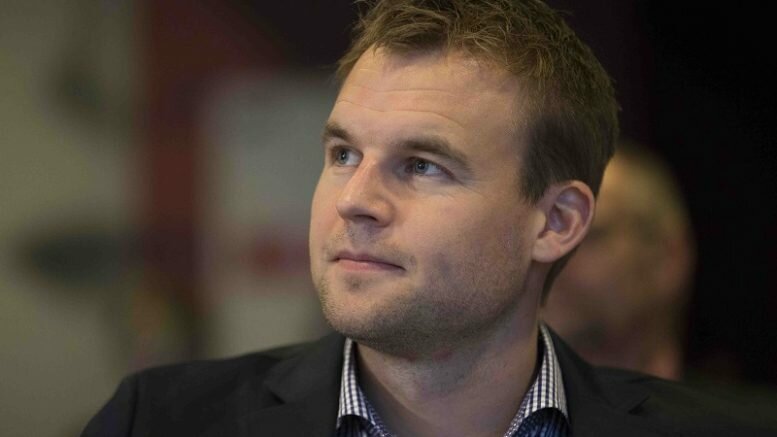The government should appoint a pornography committee to advise policymakers on how best to protect children against sexual content online, thinks KrF.
Five KrF representatives, among them the party leader, Knut Arild Hareide, are the representatives behind the proposal, which also aims to prevent children from exposure to pornography.
‘Norwegian children are among those most exposed to pornography. As a national politician, I get repeated requests for help from parents’, said one of the proponents, Kjell Ingolf Ropstad, to NTB news agency
‘This area has been characterised by fear of going near it, and now politicians should intervene’, he added.
Four measures
Ropstad believes a broad range of youth, technologists and scientists should together be able to find good measures.
‘I think it is important to look into these issues in a thorough manner’, he said.
KrF repeated proposals to ensure all Internet users have easy access to porn filters, and that porn sites without age verification should be blocked. Moreover, the government should ensure primary blocking of pornography during school hours.
‘We should learn from other countries that are on the offence in protecting children from pornography. Britain’s efforts to get ISPs to offer a porn filter, as well as an age barrier, are measures we hope the majority will adopt’, said Ropstad.
When KrF recently promoted the idea of a porn filter last autumn, Information and Communications Technology Norway (IKT) claimed that the proposal is contrary to EU rules on so-called net neutrality.
‘The filter Ropstad calls for will either be easy to circumvent, or be highly invasive, and act as a means of surveillance of internet use in the family at the level we accuse China and other regimes of being at’, said Torgeir Waterhouse, of IKT Norway.
He added that there are solutions on the market that can be used directly on equipment in use by children, but maintained that a filter can’t replace dialogue between parents and children.
A recent report by the Media Authority showed that children see more pornography than they did before. Half of the boys between 9 and 16 years visited pornography sites, while 12 % of girls did the same.





